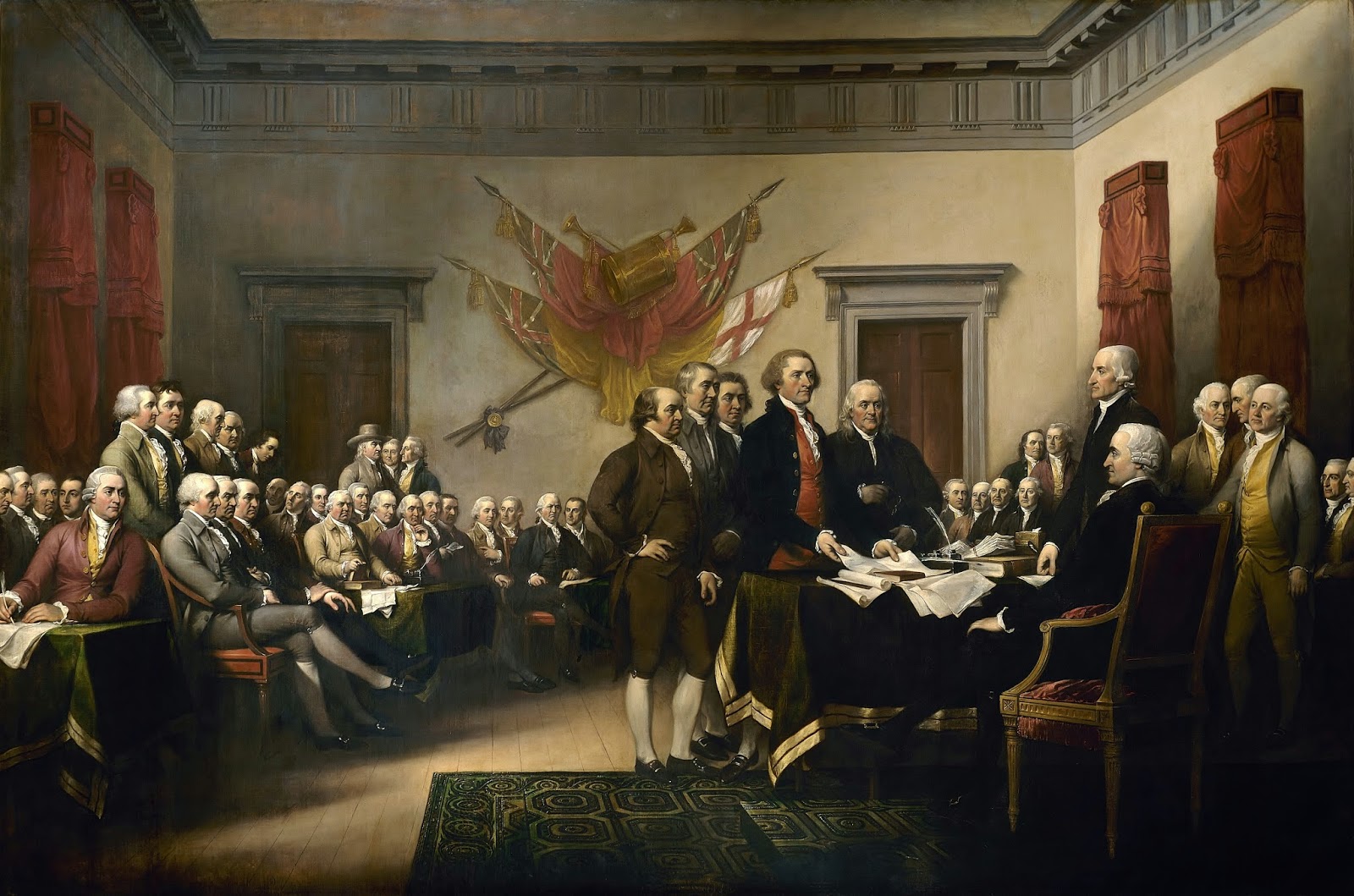“Today I consider it my good fortune that Fate designated Braunau on the Inn as the place of my birth.”
Written in 1925, Hitler crafted his biography while serving time in a German prison for his political crimes during his Putsch, or coup attempt of the Nazi party, in November 1923. Apparently he wanted to title his work Viereinhalb Jahre (des Kampes) gegen Lüge, Dummheit und Feigheit, or Four and a Half Years (of Struggle) Against Lies, Stupidity and Cowardice. His publisher wisely got him to shorten the title to Mein Kampf (My Struggle).
Hitler first covers the period of his childhood, and then moves to his years in Vienna, where he initially aspired to be an artist, but after a number of discouragements, began to focus more on the political sphere of the city. As early as chapter 3, we see that certain aspects of his ideology are already strongly rooted:
Chapter 3
- No man should take an active part in politics before 30
- Leaders who change their mind or admit their previously held views to be wrong, give up their leadership qualities and become political “bedbugs” who hang onto their positions only for personal gain, seeing every new movement or every man greater than themselves as a threat.
- The German-Austrian is the only person who has benefited Austria in various social and political settings — he also disparages Negros in this diatribe
- Social Democracy contributed to the de-Germanization of the State of Austria
- the Austrian parliament is undignified because all the political members do not speak German, “a gesticulating mass, speaking in all keys.”
- Democracy of the West forsters Marxism and is a universal plague
- Regrets that with the parliamentary system, that no one is held responsible for any decisions
 |
| The Alter Hof in Munich (1914) Adolf Hitler source Wikipedia |
After Chapter 3, I gave up my note taking. Hitler is, if nothing else, repetitive, and his increasing virulent hatred towards anyone or anything Jewish, was hard to stomach. It was educational to learn that his anti-Semitism was shared by others at the time, and he was influenced by anti-Semitic organizations. Much of his book is a thesis against them, with Hitler providing supporting evidence for the Jews being dirty, liars, sneaky, dishonest, culturally bankrupt, dangerous, avaricious, etc. They were, in effect, social parasites and, in Hitler’s eyes, entirely expendable. In fact, he felt the superior races duty-bound to rid the world of their inferior presence.
As for political ideologies, Hitler eschewed both Marxism, which he saw as a tool of the Jews, and Socialism. For him, the democracy of the West was actually the forerunner of Marxism. Yet Hitler invented his own style of Democracy. The “true German democracy” consists of one leader who “take(s) over fully all responsibility for what he does or does not do. There will be no voting by a majority on single questions, but only the decision of the individual who backs it with his life and all he has.” Rather scary, don’t you think? One perfect individual, perhaps? Who would judge this individual? Who would hold him accountable? A recipe for disaster, I’d say.
Learning from other statesmen, whom he admired, Hitler strove to give Germany an ideology that the common people would ascribe to and be willing to defend to the death. Hitler himself said, “Every attempt at fighting a view of life by means of force will finally fail, unless the fight against it represents the form of an attack for the sake of a new spiritual direction. Only in the struggle of two views of life with each other can the weapon of brute force, used continuously and ruthlessly, bring about the decision in favor of the side it supports.”
 |
| Hitler as a soldier during WWI source Wikipedia |
Of Hitler’s participation in World War I, my book’s notes have the following to say: “Concerning his military record, the following facts are known; that he served as a messenger between regimental headquarters and the the front; that he was a good soldier who refused to the very end to join in criticism of the way things were being run; that his temperament made his commanding officer doubt the wisdom of promoting him to any sort of non-commissioned rank above that of corporal; and that he occupies a modest but honorable place in the history of the Regiment List, to which he belonged. The particular exploit for which he received the Iron Cross is shrouded in secrecy, but most biogrpahers agree that there was no reason why it should have been awarded.”
There is a interesting chapter on war propaganda ….. how it has been used effectively and ineffectively and Hitler’s proposed fine-tuning of it. He felt that during WWI, the German methods were simply too sophisticated and failed to concentrate on appealing to popular emotion. Hitler believed that the most important tactic was to ascertain what would invoke the support of the masses.
On Nation and Race, Hitler observed that no other animal in nature cross mates; finches mate with finches, foxes with foxes, etc. so therefore why should humans? Cross mating simply weakens the race. Once he sorted out the races, he turned to Darwin’s “survival of the fittest” ideology, in that the stronger weed out the weaker (ie. kill them), until the strongest is on top. It’s quite bizarre logic, because Germany lost WWI and therefore should have been considered the weaker race, but Hitler has a myriad of excuses for their loss.
 |
| Munich Marienplatz during the Beer Hall Putsch source Wikipedia |
The book also gives a chilling account of how ordinary people can get caught up in evil. Of Hitler’s putsch of 1923 (his attempt to seize power in Munich), my book’s notes say, “The Hitler putsch of 1923 made the (Nazi) Party more popular in the city than it had been before. When the Nazis drove dissenters — or imaginary dissenters —- from their meetings with cudgels, their audiences grew larger. Few people in Germany were at the bottom anti-Semitic, but the joy large number felt in promises of blood curdling treatment to be meted out to the helpless minority made them responsive to the suggestion. Smashing windows and street fighting were relied upon to win the crowd. The propagandists encouraged them all. ‘We shall reach our goal,’ declared Goebbels, ‘when we have the courage to laugh as we destroy, as we smash, whatever was sacred to us as tradition, as education, as friendship and as human affection.’ In the Vienna of March, 1938, ordinary citizens who had hitherto gone about peacefully, confessed to a strange delight in the sufferings visited upon the Jewish group.” This description was one of the most chilling parts of the book for me. I cannot imagine human beings, not only wanting to enact such suffering on others, but enjoying it as well.
I started this read this biography, with great anticipation, hoping to gain some insight into the mind of one of the most villainous characters in modern history. Yet, as I read, I soon realized that it was going to be difficult to understand someone who was mad, if you are not mad yourself. The narrative became a strange compilation of rather astute and insightful commentary, often hidden and mixed in amongst his mad ravings and bizarre ideas. Hitler makes mostly nonsense, but with a sprinkling of rather astute sense, the combination making some of his accounts strangely compelling. It’s rather alarming. Yet his rambling diatribes and racist invective soon began to become wearing and while I didn’t fall asleep like Ruth, I quickly developed a distaste for much of what he had to say. As an historical document, it was moderately interesting, but as for my attempt for a personal connection with Hitler, that was a complete fail. And I must say, that it was a very pleasant fail. Personally, I was very glad to say goodbye to Adolf Hitler.
With regard to the translation of my edition, it is an annotated and unexpurgated edition sponsored by a number of people including Albert Einstein, Thomas Mann, Theodore Roosevelt, Jr., and Edna St. Vincent Millay. Published in 1939, after the First World War, yet just at the beginning of the second one, the perspective it offers with regard to the annotations is indeed a unique one, and very valuable to understanding the mindset of the times. I cannot see an official translator noted, but it is published by Houghton Mifflin, in case anyone wants to search it out.

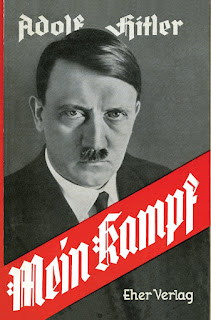
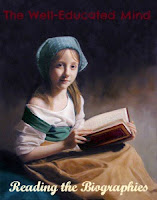





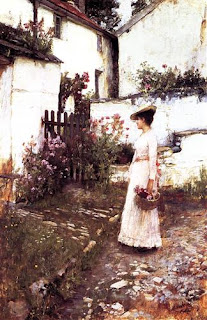
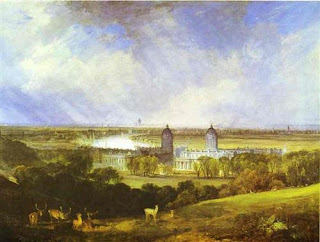
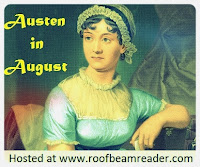














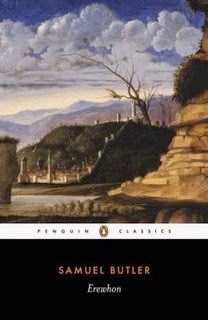



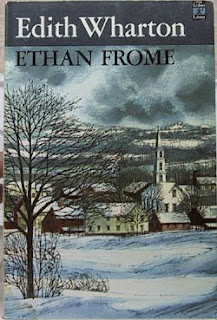
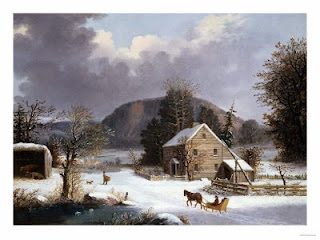


.jpg)


.jpg)


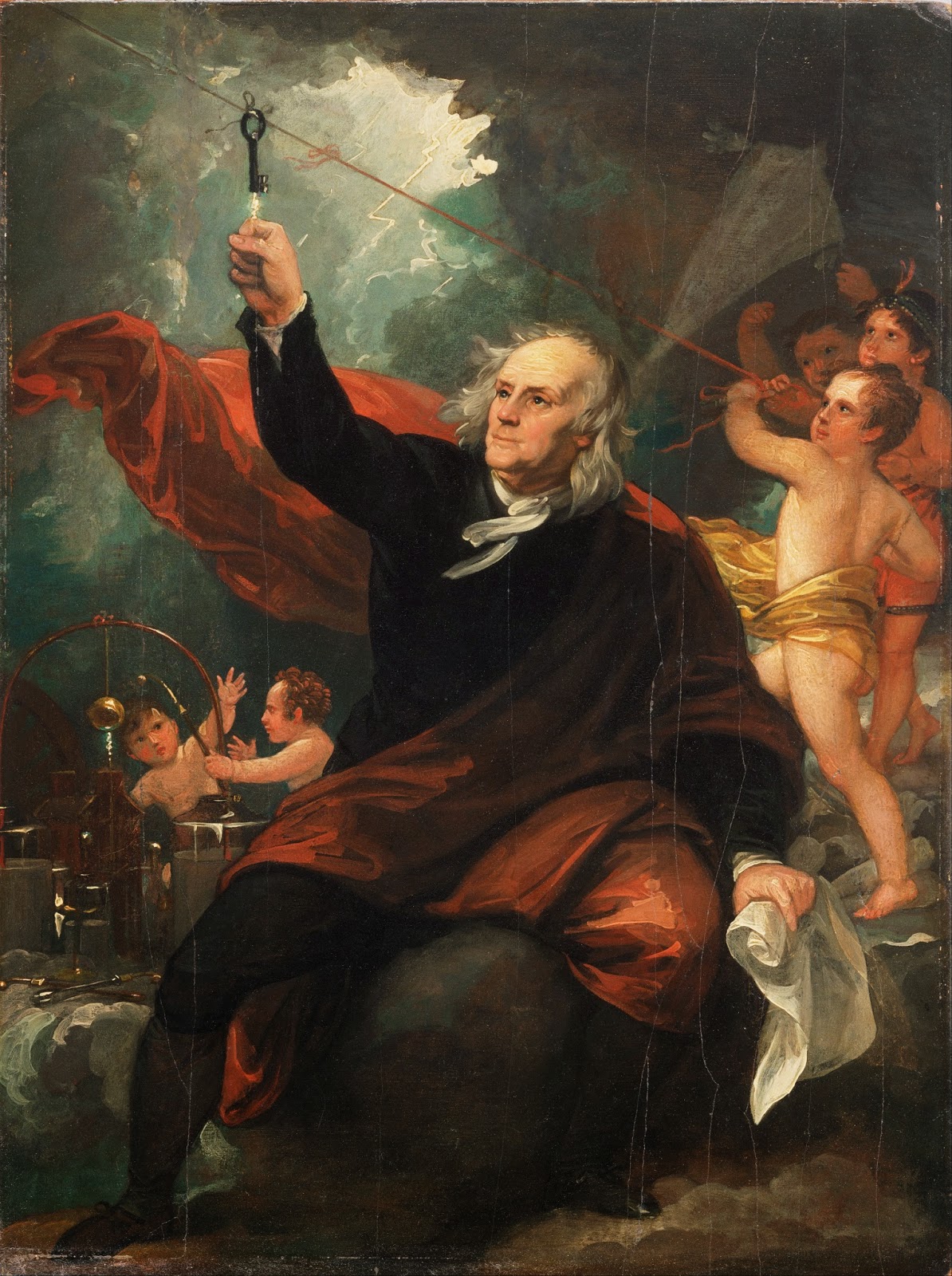_-_Benjamin_Franklin_Drawing_Electricity_from_the_Sky_-_Google_Art_Project.jpg)

